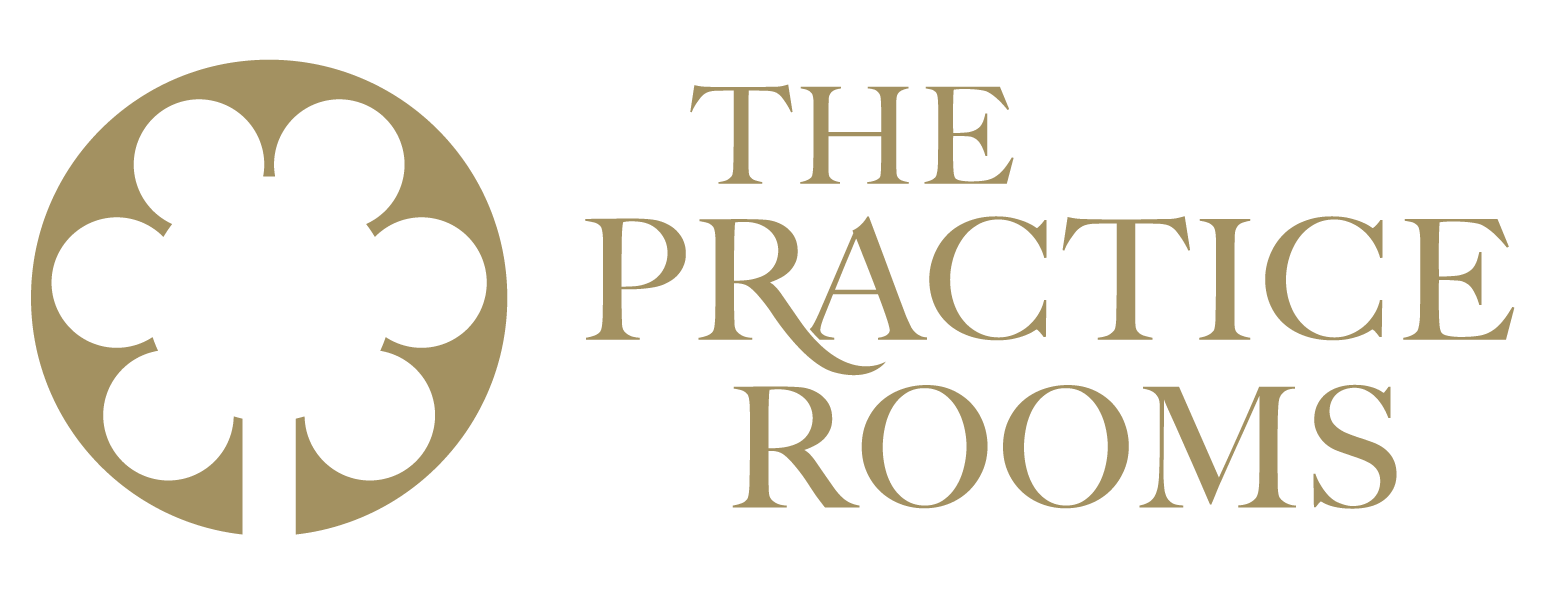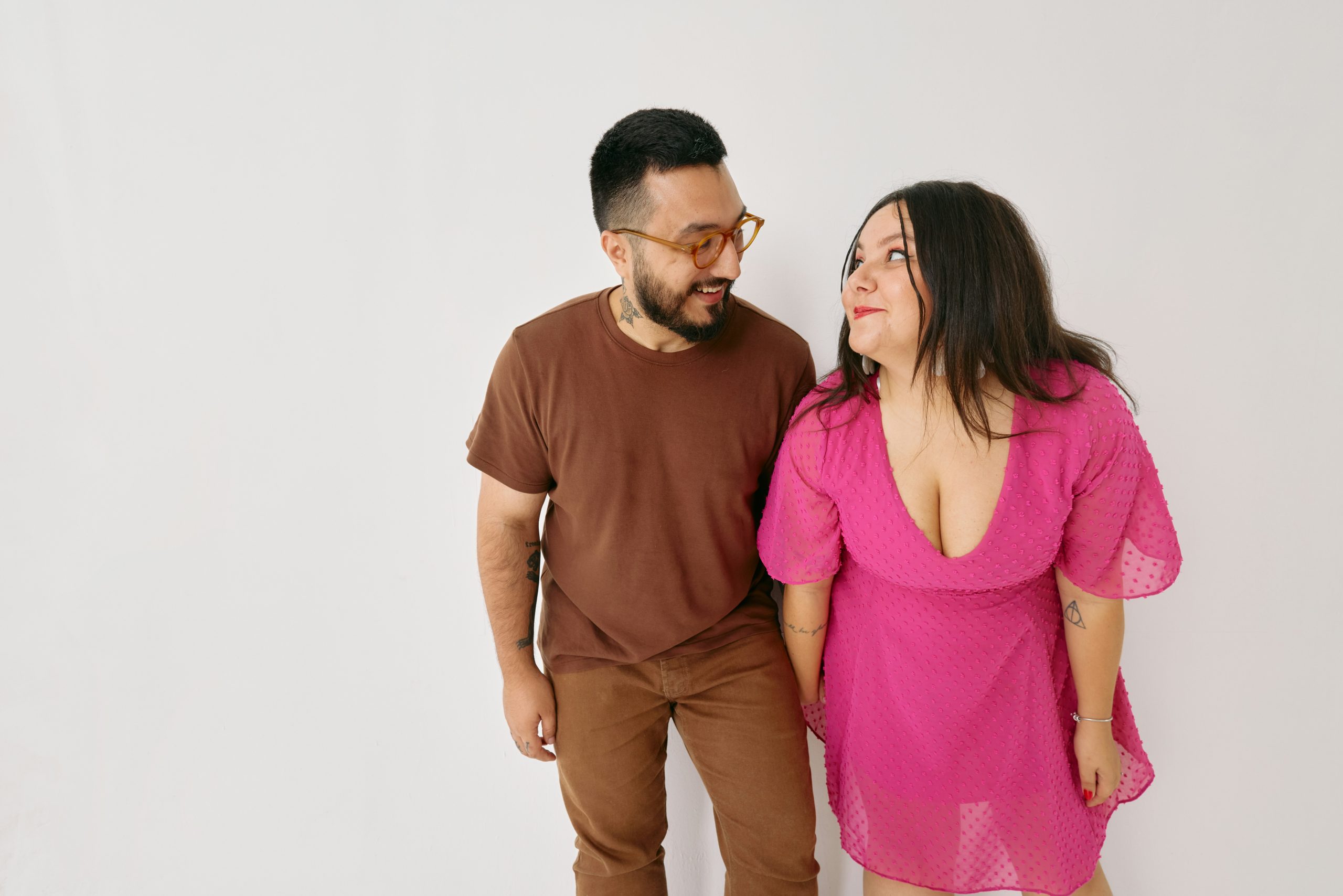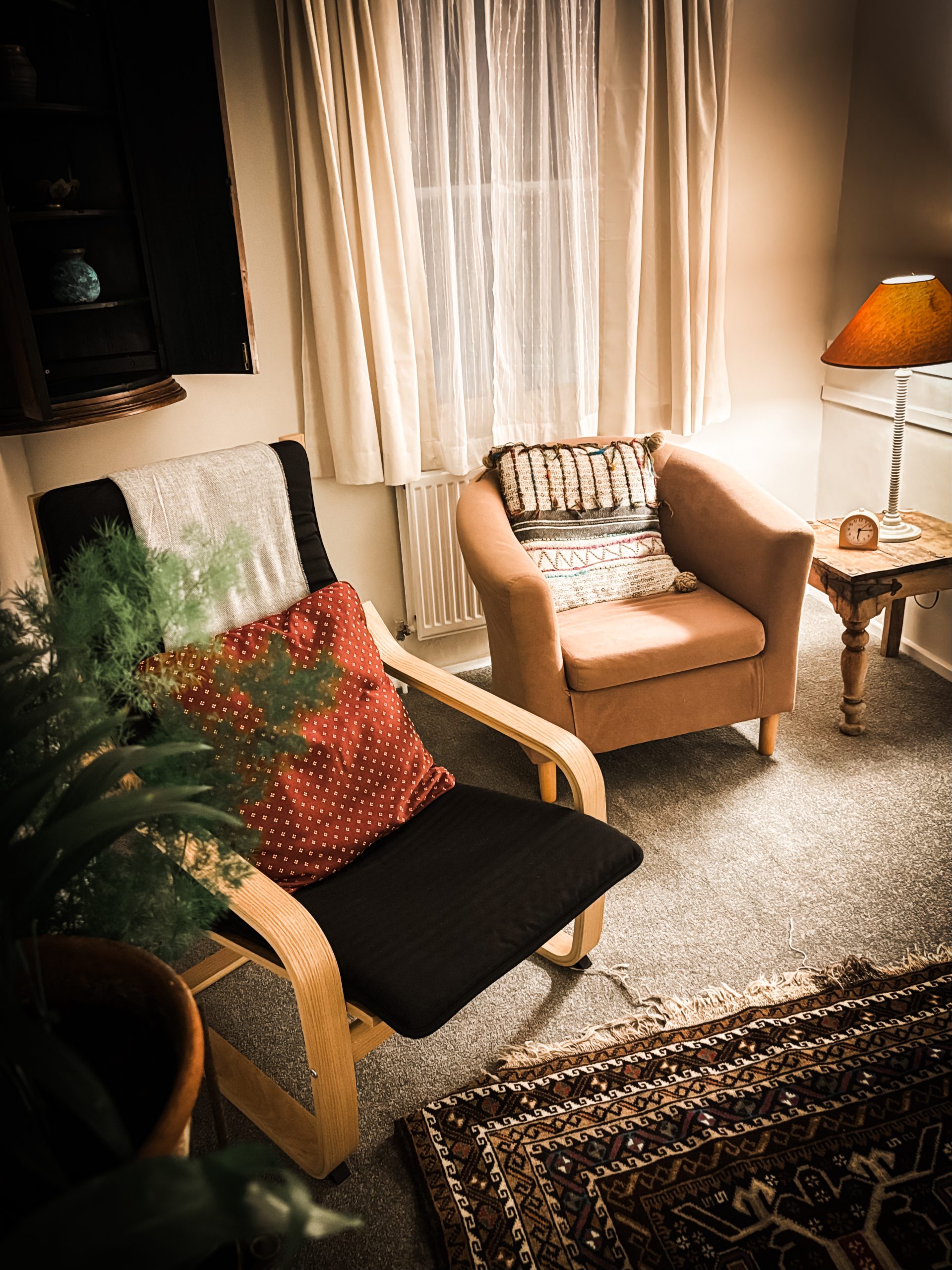How insecurity can sabotage your relationship…
…and some gentle suggestions for how to begin healing, by Ivo Marques
New relationships can stir up all kinds of emotions—hope, excitement, longing… and often, fear.
You might find yourself wondering: Is this person really enough for me? Are they attractive enough? What if there’s someone better out there? Can they meet all my needs?
These are normal questions. But if they start to take over, they can quietly sabotage something that could have grown into real closeness. Often, these fears come from a part of us that is scared — not because our partner is doing something wrong, but because we are expecting them to fill old, painful gaps.
When it becomes all about “me”
In early dating or relationships, it’s easy to focus on what you’re getting — love, attention, reassurance, security. But sometimes this focus can become unbalanced. You might find yourself constantly evaluating:
- What do they bring to the table?
- How are they meeting my needs?
- Are they doing enough for me?
It’s understandable. When we’ve experienced emotional neglect or inconsistent love, we can enter relationships with a sense of emotional hunger. We want to feel full. Safe. Chosen. But if we only look outward for that — and never pause to reflect inward — we can become critical, anxious, or demanding in ways that push people away.
There’s often little space left for the other person’s humanity. And very little space for our own self-reflection.
Common insecurities that undermine relationships
- Fear of not being enough
If you’ve ever felt unlovable, not good enough, or like love always slips away—then closeness can actually feel threatening. When someone really sees us and offers care, we might start waiting for the “catch.”
Instead of trusting the connection, we might test it. Pull away. Or demand more than our partner can realistically give—seeking reassurance that never quite lands.
But this fear isn’t bad—it’s a signal. It tells us there’s something unhealed. And when you bring gentle attention to it, you can begin shifting how you relate, from fear to trust.
- The need to be in control insecurity in the relationship
Wanting to know where your partner is all the time? Feeling uneasy when they’re away, even briefly? Picking fights before they leave, or needing constant updates?
These aren’t signs that you’re “too much”—they’re signs you might have once felt powerless or abandoned. Perhaps a parent left often, or wasn’t emotionally present, and the child in you still feels the ache of not knowing when (or if) they’d return.
Control becomes a way to try to make sure no one ever disappears again. But in reality, it creates tension and fear in the relationship. And it leaves you more anxious—not less.
Asking questions like, Are they really leaving me, or just going for a walk? or What part of me feels scared right now? can begin to shift this dynamic. You can also try soothing tools—like a short run, stretching, journaling, or simply naming aloud, “I feel afraid they won’t come back.”
The power of self-awareness
When we don’t examine our fears, they run the show. But when we get curious, when we stop to really feel and name what’s happening—we begin to take our power back.
You don’t have to wait until you’ve “fixed” all your issues to be in a relationship. But the more self-aware you become, the more room you create for real intimacy, honesty, and care.
You’ll be less likely to demand perfection, and more able to show up with compassion—for yourself and your partner.
You are not alone
If you recognise yourself in this—if you’ve ever sabotaged a good thing because it felt too scary, too uncertain, or too unfamiliar—know this: you are not broken. You are human.
And every time you choose reflection over reaction, softness over control, and understanding over blame—you are healing.
Relationships thrive not on perfection, but on presence. And the more you understand your fears, the less power they hold. You get to grow out of survival mode and into connection.
You get to stay.
Ivo Marques is a counsellor at our Clifton Village centre ivomarquestherapy.com


